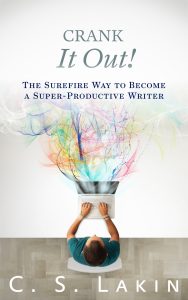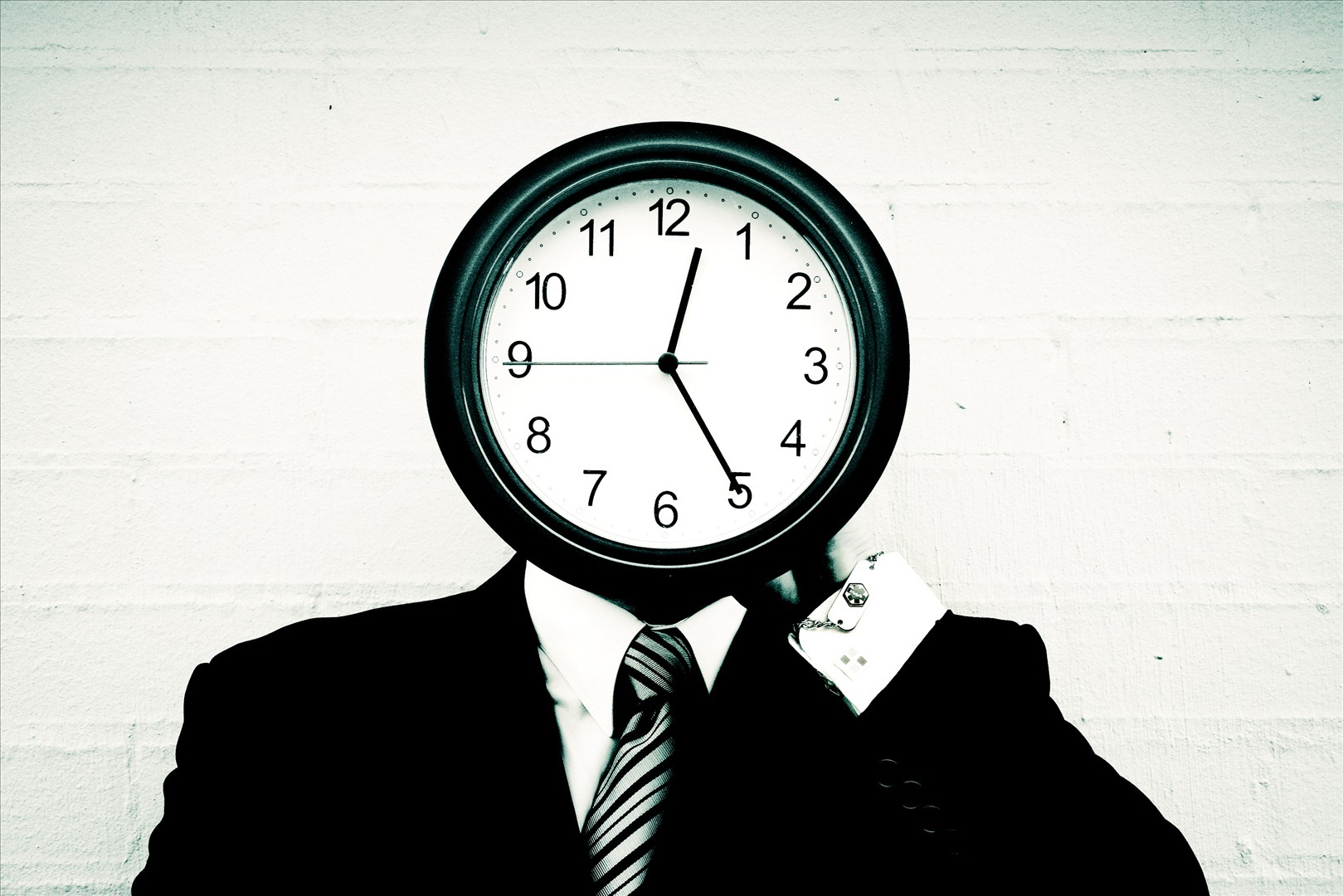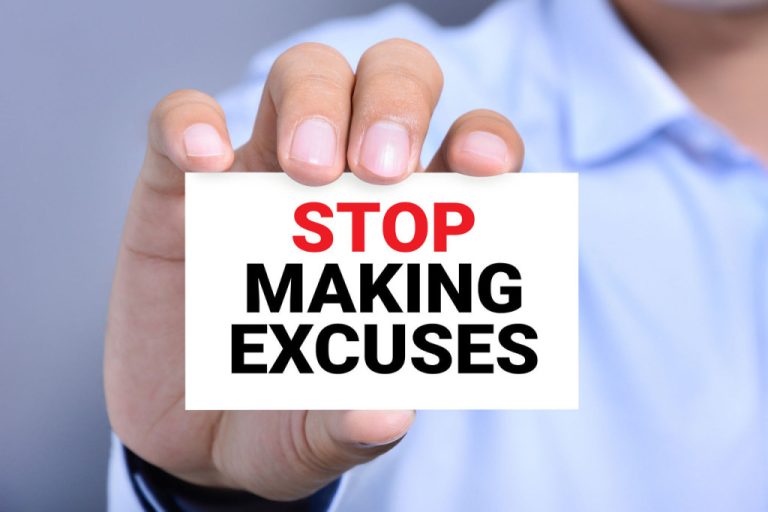4 Ways Writers Can Be Productive When Their Energy Sags
We’ve been looking at biology: the “B” in the Productivity ABCs. To be a super-productive writer, you need to first “know thyself.” Taking a look at your natural biological ups and downs, learning when you have peak energy and concentration, is needed in order to make adjustments in your life and schedule so you can crank out books.
I hope you read last week’s post that explained what your biological prime time is and how to determine those hours when you’ll be most productive. This is the first step. Most of us “kind of know” when we can do our best writing. But I’m urging you to go deeper and broader with this analysis so that you can streamline your daily schedule, overall, to be the most productive and the happiest in your writing pursuits.
Forcing yourself to write when you just aren’t at your peak, and then laying on the guilt when you don’t produce good work or enough pages, is self-destructive. We’ve touched a bit on attitude (though we’ll circle back around to it later), and you’ve seen how important it is to change the negative self-talk into positive, and that it takes work to break out of those habits.
All this may take some time and work, so be patient and just start somewhere.
Here are a few places you can start, once you have a good idea of your peak and low times for energy and focus.
Make the Needed Adjustments
Example: you may decide to do your exercising when you have the most energy. And if right after that, you seem to have high motivation and focus, that’s when you should schedule your writing and/or research time.
Take a look at your energy spikes. Try to analyze what causes them. Usually eating a heavy meal (or too much caffeine and sugar) can cause a sudden energy drop. You might want to adjust the times you eat meals or snacks.
This isn’t a hard-and-fast science. Be flexible. But taking the time to understand your own biological patterns and cycles is part of getting to know yourself. Just making minor adjustments in your eating times, sleeping times, or exercise times may make a huge difference in how productive you are with your writing.
I write best between six and nine a.m. I’ve written these last two sections of this material right after getting up at six, and it’s now seven forty-five. That’s about two thousand words. I’m feeling super productive and gearing my brain to get ready to run my two miles on the treadmill.
Though that’s the last thing I really want to do this morning, I know if I put the run off until the afternoon, I’ll drag through it and feel miserable—because I know my energy for exercising peaks in the morning and all but vanishes in the afternoon. Regardless of what I eat during the day.
I know these things about myself, and so I have learned to adjust to my biological prime time and plan my schedule accordingly.
Try this and see what results. See if you learn some insightful things about your biology that help you become a more productive writer.
Instead of being hard on yourself, pushing yourself to write at times when you just can’t work up the energy or motivation, be your own best friend and, with that positive attitude, sit down to write at the best time for you.
Of course, not all of us have the freedom of schedule to align our writing perfectly with our biology. Some writers have other jobs and commitments. Some have small kids in the house and have to find writing time between dropping them off at school and picking them up and taking them to soccer practice.
Even with schedule restraints and demands, if you take the time to assess the peaks and valleys of your energy, motivation, and focus, you should be able to tweak some activities in your daily life to make room for highly productive writing time. It may not be easy, but at least with this information about your biology, you’ll have a road map to productivity.
Perhaps, over time, you can rearrange your schedule even more. Think about setting up carpools in order to take turns with other parents driving to soccer practice. Or bring your laptop to the practice and work while the kids are running back and forth across the field. Maybe get up an hour earlier to write or get other tasks done that will free up an hour or two in the afternoon, when you’ve found your energy level is at its highest.
I’ve said this before, and it won’t be the last time: you gotta want to be a highly productive writer.
If you don’t, all the energy and focus in the world won’t help. And if you’re committed to that career you dream of, don’t make excuses. You may need to cut back on the coffee. You may need to take that half-hour power nap each day (more on that later). Do everything you can to adjust and streamline your life to make this happen. It’s not neurotic! It’s sensible.
When Your Energy Drops
So what should you do at those times when your energy sags?
- Recharge. Yep, those power naps are the thing. Don’t knock them or feel guilty about them. Michael Hyatt says one of his most popular posts on his blog is about taking power naps (yes, he takes naps). It’s a great post. He lists lots of famous nappers, such as da Vinci, Einstein, Edison, Ronald Regan, Eleanor Roosevelt, and Rockefeller. I’ll share some insights about napping later down the road. But suffice it to say, napping recharges our bodies and brains. I’ve found that even though I’m not at my peak in the afternoons, if I take a short nap, I’ve been able to do some highly productive writing afterward, much to my surprise.
In addition, if you’re on an “energy roll,” why stop and take a lunch break (which will interrupt the flow and perhaps give you an energy drop)?
- Do low-energy activities. If you’re sluggish in the mornings, get those low-energy tasks out of the way. Load the dishes in the dishwasher. Get through your email. Do some reading.
- Boost your energy. If you need to keep going and stay productive, think about that coffee, green tea, or chocolate bar. While those may give you a brief energy spike, that might be what you need right then. Don’t rely on these things to get you through hours and hours, though. You know as well as I do that, in the long run, this is not going to be great for your body or overall health.
- Watch what you eat. Those energy dips are often caused by those “bad” foods. So be aware of that. You may be creating a lot of those energy dips—ones you’d be better off without.
Here’s one great byproduct to assessing your ideal writing times based on your natural energy levels: you don’t have to feel guilty when you can’t seem to get any work done during those low-energy times. If you can’t write in the evenings, don’t. If that’s the only time you have to write, be considerate of yourself and don’t lay on the pressure or guilt trips. Know that you may not get a whole lot done, and pat yourself on the back for what you do get done.
Just as with my adjusting to writing in a noisy environment over time, you may find that if you do push through working during those low-energy times, eventually you’ll make them more productive.
I’ve learned to focus and write at three in the morning and three in the afternoon. Sometimes I need to get the writing done, and I don’t have the luxury of writing at my peak times. I may not get as much done as I hope, but I do get something of worth on the page. Many of the novels I’ve published have been written mostly during my “off” hours.
Again, a lot of this is attitude (adjusting your mind-set, thinking positively, being nice to yourself, etc.). But I hope you’re starting to see that becoming a highly productive writer is so much more than attitude.
What adjustments have you made to your attitude and/or your lifestyle to become more productive? Share in the comments!
Now available for preorder!
Due to high demand, I’ve gone deep into this topic in productivity, and all the blog posts you’re getting on Mondays are compiled into my new book!
 The book releases in paperback and ebook on MARCH 28. But if you preorder the ebook, you’ll get it for only 99 cents on release day!
The book releases in paperback and ebook on MARCH 28. But if you preorder the ebook, you’ll get it for only 99 cents on release day!
Regardless of whether you write fiction or nonfiction, if you want to get established as an author, you need to be productive. Highly productive.
You can’t just write one terrific book and call it good, expecting that singular work to carry you atop the wave of success for years to come.
Studies show readers want 3-4 books a year from their favorite authors. And to build traction and a growing audience, authors need to deliver.
Preorder your ebook copy HERE. (The paperback copy won’t be up for sale until March 28).
Turn your life and career around by learning the surefire way to be the super-productive author you long to be!












“If you’re sluggish in the mornings, get those low-energy tasks out of the way. Load the dishes in the dishwasher. Get through your email. Do some reading.”
THIS is the thing. Dozens of productivity gurus will tell you never to check your email in the morning, but it takes about an hour and a half for my brain to work up, so I spend this time checking email and stretching.
I’m another person who just can’t focus in the mornings. I get my housekeeping and chores out of the way first. Then I tackle some French, Latin and Geometry with my boys. Usually this helps wake up my brain and I can handle some editing until the afternoon. My most creative times are between 3 and 8 pm in the afternoon. I save that time for my rewriting or working on new material.
So I guess my contribution to “How to be Productive” is to find things that wake your mind up. Latin and Geometry do that for me.